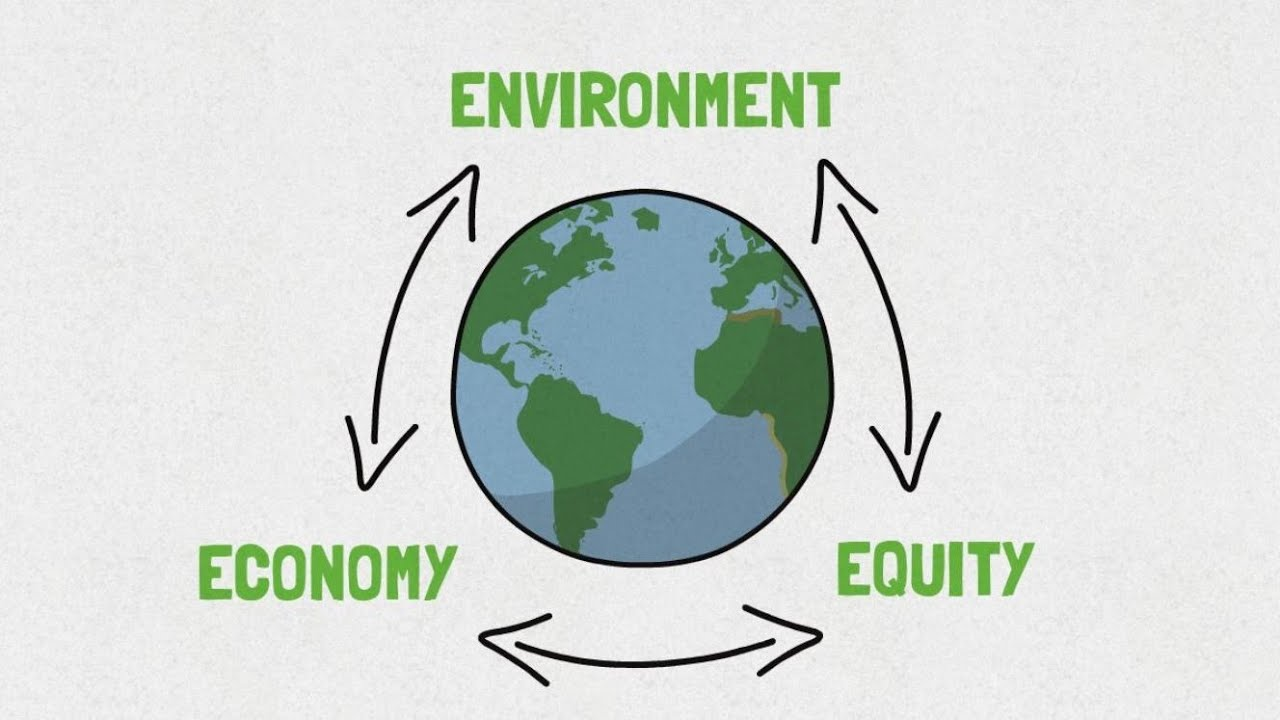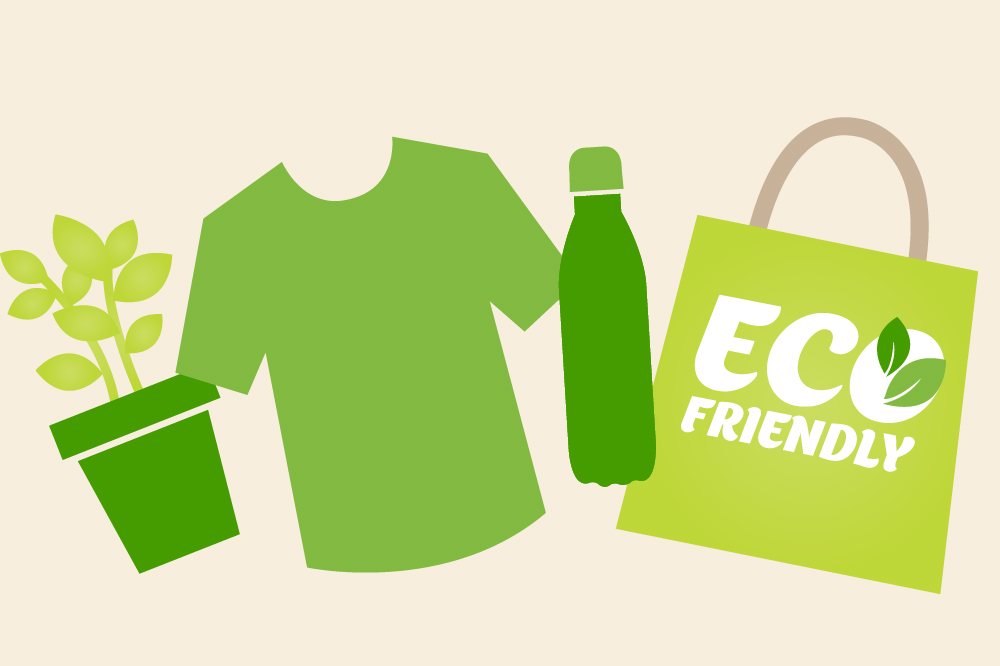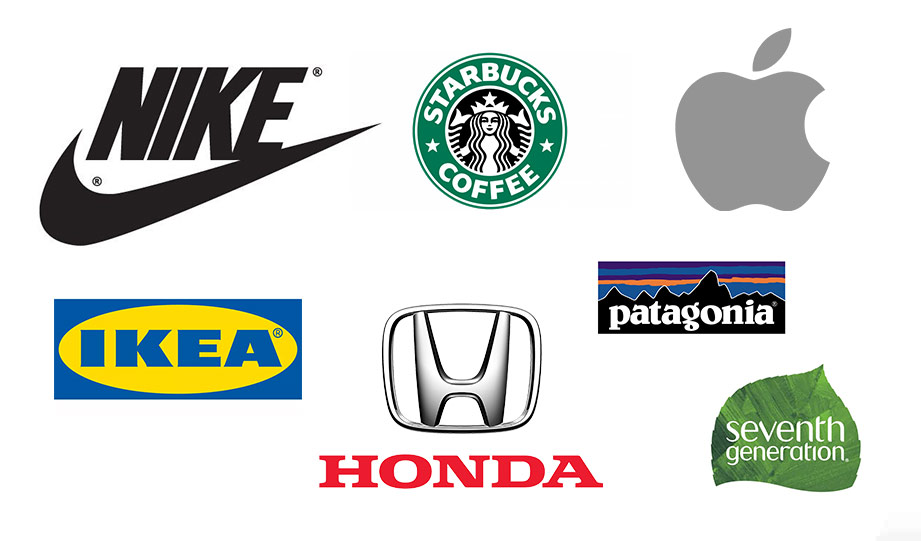As customers become more aware of climate change, global pollution from unrecyclable waste, and other social issues, they are more willing to support businesses that share their values even if their goods and services are more expensive.
It may have become a trend in a way, but sustainable marketing companies are very popular and can help the world and their business simultaneously. Sustainability can increase brand loyalty, increase employee engagement, ensure regulatory compliance, and increase profits.
How to compete in this environmentally and socially conscious world? Mobupps understood the main trends and benefits of sustainable marketing and its impact on brand marketing strategies.

Sustainable marketing is a great way to promote socially responsible products, services, and practices. Its main goal is to promote the mission and even the cult of caring for the world around.
People understand that if they continue to exploit the resources of the planet beyond their limits, then irreparable damage to the environment will eventually be done, with dire consequences for human life. Taking action to save the planet can mitigate the effects of human actions and ensure that future generations have access to the same resources and opportunities.
Becoming a fully sustainable brand is difficult, but most companies are working on sustainable marketing campaigns and applying its principles to their strategy.
A product is considered “sustainable” if it satisfies the needs of the social behavior of a given generation and at the same time doesn’t violate the needs of future generations.

Sustainable marketing includes environmental, economic, and social impact. In many cases, bringing people from different departments together can help achieve a higher level of systems thinking. Members of such a group will be able to speak out about the impact of the company's activities on the environment and contribute to improving the effectiveness of sustainable marketing.
Now let's figure out how to work effectively with sustainable marketing.
Consumers are increasingly aware of their impact on the environment and society. Let your target audience know that your brand is not 100% sustainable, but you are committed to a sustainable marketing policy and are starting your journey in this direction.

These can be various recyclable materials or sustainable and resource-saving practices. And also inform consumers about innovations in your company.

Position your brand as a partner in this trend. Tell consumers how their environmental impact will change if they support your brand and use your services or products.

Work with sustainable suppliers who prioritize environmentally responsible practices. Thus, you will become a member of the chain and will be able to attract new customers from other marketing channels.

Advertise your brand in a way that has a less environmental impact. Digital marketing, social media advertising, and affiliate marketing, but never print marketing.

As a company begins to stand out through its sustainability efforts, its brand awareness and customer acquisition will grow simultaneously.
Adopting sustainable marketing will definitely help your marketing strategy. By choosing the concept of sustainable marketing, expect to increase brand awareness, attract new customers and partners, reduce costs, minimize waste, and increase ROI.
Mobupps does not stop tracking marketing trends in the market. We understand how important it is to run an eco-friendly business and we definitely know our position on this issue.
Are you interested in working with us? Contact now.
As customers become more aware of climate change, global pollution from unrecyclable waste, and other social issues, they are more willing to support businesses that share their values even if their goods and services are more expensive.
It may have become a trend in a way, but sustainable marketing companies are very popular and can help the world and their business simultaneously. Sustainability can increase brand loyalty, increase employee engagement, ensure regulatory compliance, and increase profits.
How to compete in this environmentally and socially conscious world? Mobupps understood the main trends and benefits of sustainable marketing and its impact on brand marketing strategies.

Sustainable marketing is a great way to promote socially responsible products, services, and practices. Its main goal is to promote the mission and even the cult of caring for the world around.
People understand that if they continue to exploit the resources of the planet beyond their limits, then irreparable damage to the environment will eventually be done, with dire consequences for human life. Taking action to save the planet can mitigate the effects of human actions and ensure that future generations have access to the same resources and opportunities.
Becoming a fully sustainable brand is difficult, but most companies are working on sustainable marketing campaigns and applying its principles to their strategy.
A product is considered “sustainable” if it satisfies the needs of the social behavior of a given generation and at the same time doesn’t violate the needs of future generations.

Sustainable marketing includes environmental, economic, and social impact. In many cases, bringing people from different departments together can help achieve a higher level of systems thinking. Members of such a group will be able to speak out about the impact of the company's activities on the environment and contribute to improving the effectiveness of sustainable marketing.
Now let's figure out how to work effectively with sustainable marketing.
Consumers are increasingly aware of their impact on the environment and society. Let your target audience know that your brand is not 100% sustainable, but you are committed to a sustainable marketing policy and are starting your journey in this direction.

These can be various recyclable materials or sustainable and resource-saving practices. And also inform consumers about innovations in your company.

Position your brand as a partner in this trend. Tell consumers how their environmental impact will change if they support your brand and use your services or products.

Work with sustainable suppliers who prioritize environmentally responsible practices. Thus, you will become a member of the chain and will be able to attract new customers from other marketing channels.

Advertise your brand in a way that has a less environmental impact. Digital marketing, social media advertising, and affiliate marketing, but never print marketing.

As a company begins to stand out through its sustainability efforts, its brand awareness and customer acquisition will grow simultaneously.
Adopting sustainable marketing will definitely help your marketing strategy. By choosing the concept of sustainable marketing, expect to increase brand awareness, attract new customers and partners, reduce costs, minimize waste, and increase ROI.
Mobupps does not stop tracking marketing trends in the market. We understand how important it is to run an eco-friendly business and we definitely know our position on this issue.
Are you interested in working with us? Contact now.

